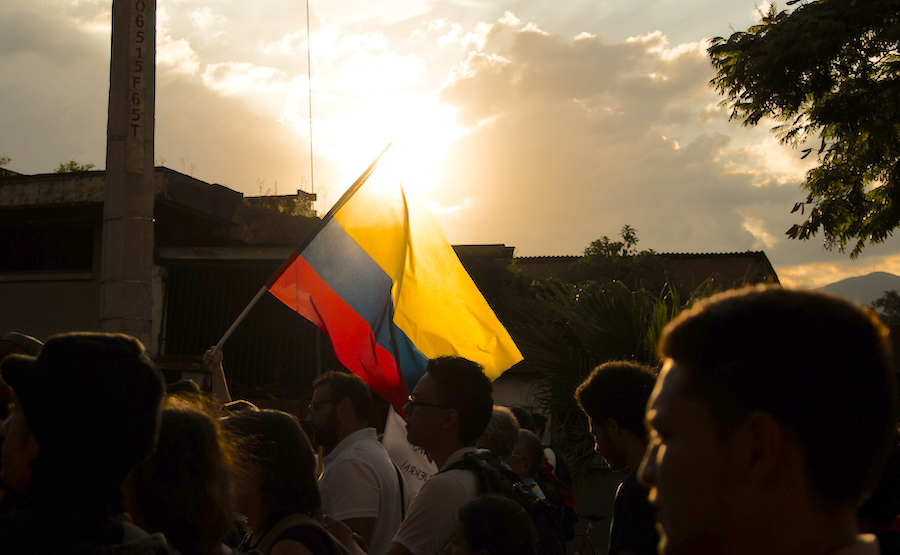Murders of environment and land defenders hit record high – report

A record 227 people were killed worldwide in 2020 for standing up against developments, including mining projects, which they believed to be harmful for the environment or not respectful of lands rights, a new report shows.
According to human rights organization Global Witness, about 75% of the killings happened in Latin America, disproportionately affecting lower-income nations and their indigenous communities. Victims of these groups represented more than a third of the total cases, despite accounting for only 5% of the world population.
“On average, our data shows that four defenders have been killed every week since the signing of the Paris climate agreement [in 2016],” the report says. “As the climate crisis deepens, forest fires rampage across swathes of the planet, drought destroys farmland, and floods leave thousands dead, the situation for frontline communities and defenders of the Earth is getting worse.”
According to Global Witness, 2020 was the deadliest year on record for environmental activists since 2012, when its records begin
The annual tally of the dead has risen for the past two years and is now twice the level of 2013, the report shows. Seven of the 10 deadliest countries for land and environmental defenders were in Latin America, with 165 killings recorded, though Global Witness said the number was “almost certainly” an underestimate.
For the second year in a row, Colombia was the country with the highest number of killings — 65 — while Nicaragua had the highest per-capita rate, with 12 murders up from five in 2019, the group said.
Mexico had the second highest number of deaths globally, with 30, followed by the Philippines (29), Brazil (20), Honduras (17), the Democratic Republic of Congo (15), Guatemala (13), Nicaragua (12), Peru (six) and India (four).
Covid made it worse
“2020 was supposed to be the year the world stood still, but this didn’t translate to less attacks,” says one of the authors, Chris Madden. “In some countries, protest was shut down while industries were allowed to continue. We saw that with mining in the Philippines and further encroachment in the Amazon.”
The pandemic also made it more difficult for Global Witness and its partners to investigate the circumstances of each killing. They found that at least 30% of recorded attacks were linked to resource exploitation, such as logging, mining and hydroelectric dams. But in more than 100 cases, the cause was unclear.
The advocacy group has been collecting data on these types of attacks since 2012.
Among its recommendations, Global Witness said the United Nations should “fill a glaring gap” by formally recognizing the human right to a safe, healthy and sustainable environment.
The watchdog also pins its hopes on a new bill being drafted by the EU commission, which would require companies to conduct mandatory human rights and environmental due diligence on their supply chains.
{{ commodity.name }}
{{ post.title }}
{{ post.date }}




Comments